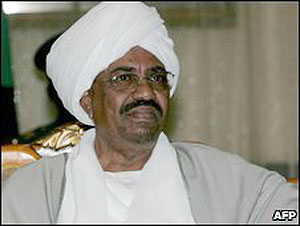South Sudan’s shutdown of its crude production in a damaging row with Sudan over oil payments appears to have backfired and put pressure on Juba to soften its bargaining stance, one of Khartoum’s negotiators said on Sunday.


South Sudan’s shutdown of its crude production in a damaging row with Sudan over oil payments appears to have backfired and put pressure on Juba to soften its bargaining stance, one of Khartoum’s negotiators said on Sunday.Any deal still hinges on whether the two countries can address alleged support for rebels on both sides of the border, but southern officials have a growing incentive to tackle the obstacle, Sabir Hassan told Reuters in an interview."In the past, the pressure was all on the north,” he said. "Now both sides are under pressure, so both will be willing to find a way out.”South Sudan’s chief negotiator Pagan Amum said on Saturday his country hoped to end the row within "a month or two”, a time frame Hassan said could be realistic if southern officials were serious about reaching a settlement.South Sudan split from Sudan in July under a 2005 peace deal that ended decades of civil war, but the two have yet to resolve a range of partition-related issues.Although the south took about three quarters of Sudan’s oil output, it still needs to use pipelines, a Red Sea terminal and other facilities in Sudan to export crude. The two nations have wrangled over how much it should pay to do this.In January, South Sudan halted its production of about 350,000 barrels per day in protest after Khartoum started taking some oil as "dues in kind” to make up for what it said were fees Juba had failed to pay since independence.Hassan said the shutdown had put the squeeze on South Sudan to make a deal because oil provides 98 percent of state revenue, in turn vital to an economy based mostly on government salaries.






